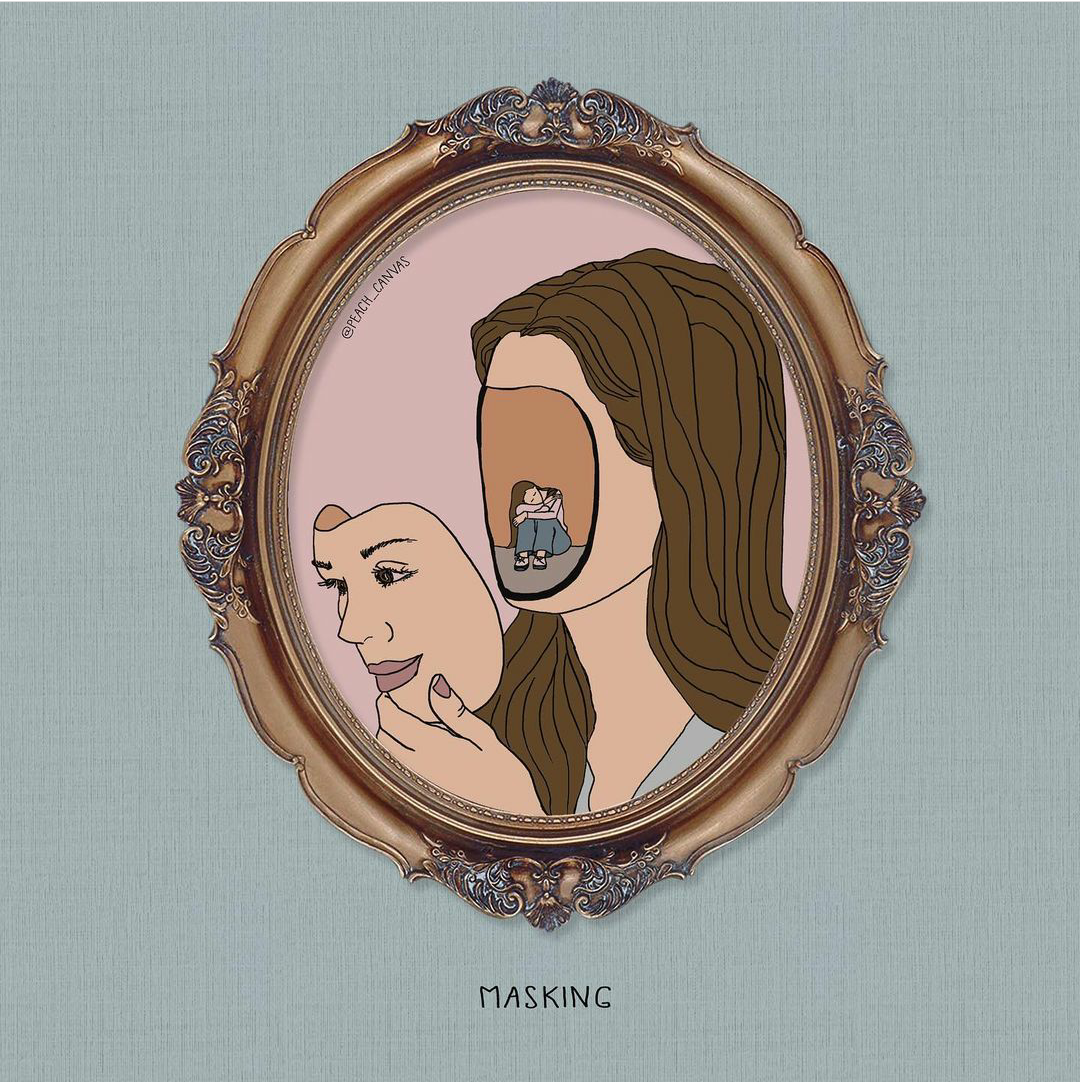
Most Medical Trauma Happens Outside Hospitals
The Hidden Reality of Medical Trauma
Medical trauma often begins not with a dramatic emergency, but with a simple conversation in a doctor's office. It's the complete 180-degree turn your life takes after receiving a new diagnosis that forces you to readjust fundamental aspects of how you live. One moment you're planning your future with certain assumptions about your health and capabilities, and the next, you're learning an entirely new vocabulary of symptoms, treatments, and limitations.
This kind of trauma doesn't announce itself with sirens and flashing lights. Instead, it settles in slowly, like dust gathering in corners you didn't know existed. It's the realization that your body, which you thought you knew intimately, has been harboring secrets that will now reshape everything you thought you understood about yourself.
Perhaps one of the most profound sources of medical trauma is the experience of not being believed or truly heard by healthcare providers. It's sitting in examination rooms, trying to articulate pain that doesn't fit neatly into diagnostic categories, only to be met with skeptical looks or dismissive comments. The energy required to research your symptoms, prepare for appointments, and fight for appropriate care is energy that's already depleted by the very condition you're trying to address.
Your body becomes political in ways you never anticipated. Research funding for your condition becomes subject to the whims of politicians who may have never heard of your diagnosis. The fear is real and justified: What happens if you need emergency care related to pregnancy complications while living in a state with restrictive reproductive healthcare laws?




